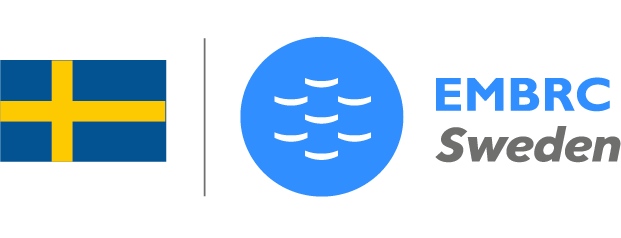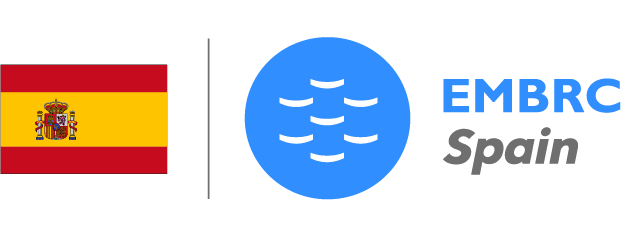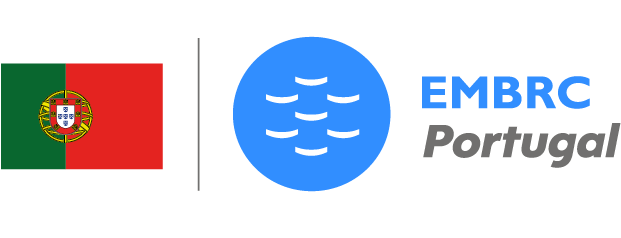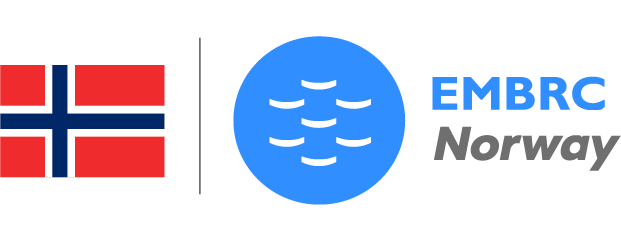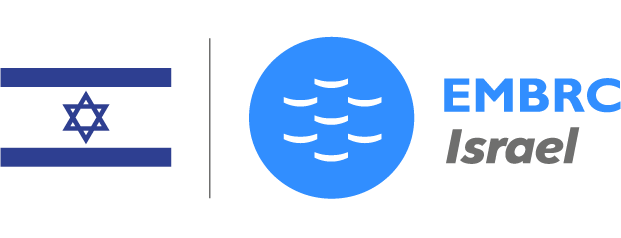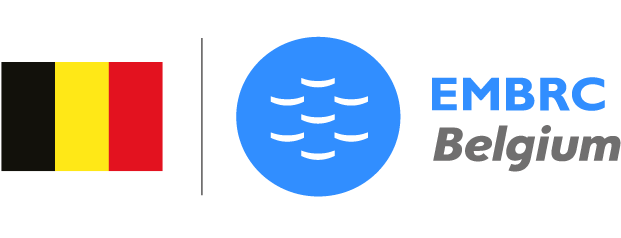
Finland
What is EMBRC Finland ?
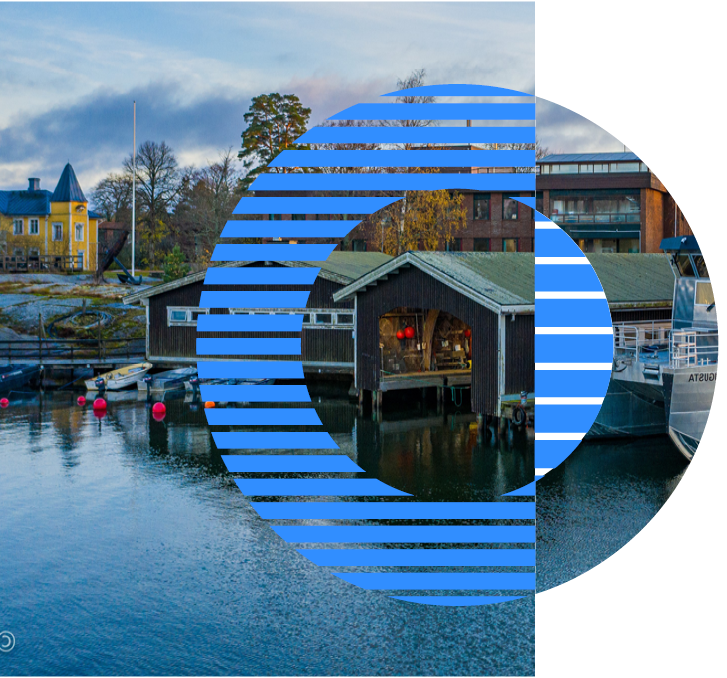
EMBRC Finland is the Finnish node of EMBRC – a pan-European research infrastructure made up of a network of research organisations and marine stations across Europe that accelerates marine biology and ecology research through its knowledge, expertise, and services.
Finland became EMBRC’s 10th country member in 2024. Through its partners, it can offer researchers access to five marine sites, including a variety of archipelago and open sea sites along the Finnish coastline. EMBRC Finland can support researchers through ecosystem access, field sampling vessels and equipment, experimental facilities and scientific cold water and ice diving training.
EMBRC Finland’s …
EMBRC Finland is the Finnish node of EMBRC – a pan-European research infrastructure made up of a network of research organisations and marine stations across Europe that accelerates marine biology and ecology research through its knowledge, expertise, and services.
Finland became EMBRC’s 10th country member in 2024. Through its partners, it can offer researchers access to five marine sites, including a variety of archipelago and open sea sites along the Finnish coastline. EMBRC Finland can support researchers through ecosystem access, field sampling vessels and equipment, experimental facilities and scientific cold water and ice diving training.
EMBRC Finland’s activities are organised as part of the Finnish Marine Research Infrastructure network (FINMARI) and led by Tvärminne Zoological Station (University of Helsinki).
EMBRC’s Finnish partners are:
- Tvärminne Zoological Station (University of Helsinki)
- The Archipelago Research Institute at Seili (University of Turku)
- Husö Biological Station
- Archipelago Centre Korpoström (Åbo Akademi University)
- And the marine research laboratory of the Finnish Environment Institute
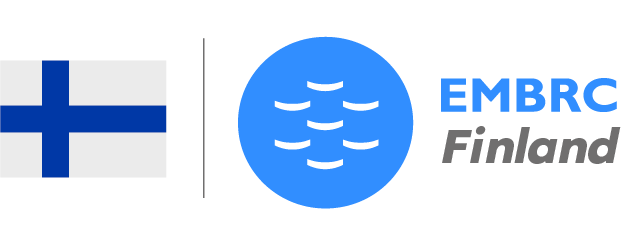
Liaison Officer
-
Joanna Norkko
-
joanna.norkko@helsinki.fi
-
University of Helsinki
-
Helsinki
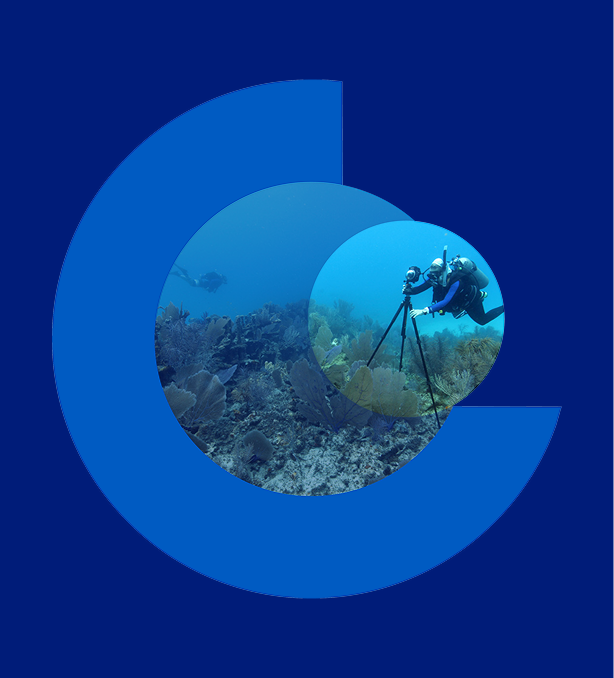
EMBRC FINLAND’s Marine Sites
How EMBRC Finland can
support researchers?
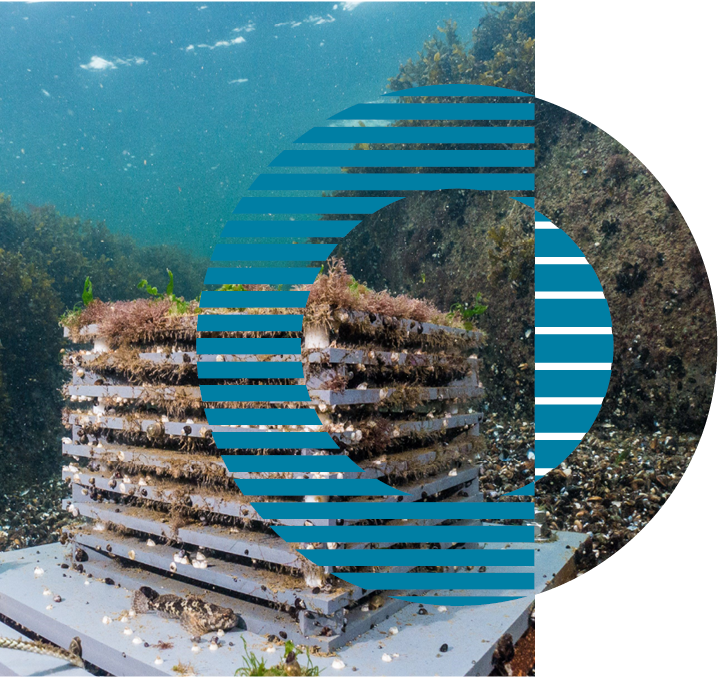
EMBRC Finland can offer access to marine stations and institutes along the Finnish coastline, allowing researchers to access the country’s unique brackish-water ecosystem. It can also support scientific research by providing field sampling capabilities (vessels, boats and equipment, including those suitable for winter and icy conditions), experimental facilities, analytical services, and algal culture collections as well as long-term marine data time series. The Finnish Scientific Diving Academy, established in 2021, also offers scientific SCUBA training for cold water and ice diving.
Before joining EMBRC, the country had extensive experience of collaborating with the European network through projects including …
EMBRC Finland can offer access to marine stations and institutes along the Finnish coastline, allowing researchers to access the country’s unique brackish-water ecosystem. It can also support scientific research by providing field sampling capabilities (vessels, boats and equipment, including those suitable for winter and icy conditions), experimental facilities, analytical services, and algal culture collections as well as long-term marine data time series. The Finnish Scientific Diving Academy, established in 2021, also offers scientific SCUBA training for cold water and ice diving.
Before joining EMBRC, the country had extensive experience of collaborating with the European network through projects including ASSEMBLE Plus and initiatives such as ARMS MBON (Autonomous Reef Monitoring Structures Marine Biodiversity Observation Network).
The Finnish members have a wide range of experience in marine science research and education. The Archipelago Research Institute at Seili has spent 60 years monitoring the marine environment to better understand the reasons for biodiversity loss or changes in fish stocks. Tvärminne Zoological Station hosts the CoastClim Centre which uses interdisciplinary approaches to close the important knowledge gap around coastal biodiversity’s role in carbon sequestration.
Husö biological station is also involved in GAME (Global Approach by Modular Experiments): an international programme that combines applied research into climate change with training for young scientists.
The Finnish Environment Institute conducts a wide range of marine research such as open seas monitoring and observation, using emerging technologies, experimental studies, and modelling.
